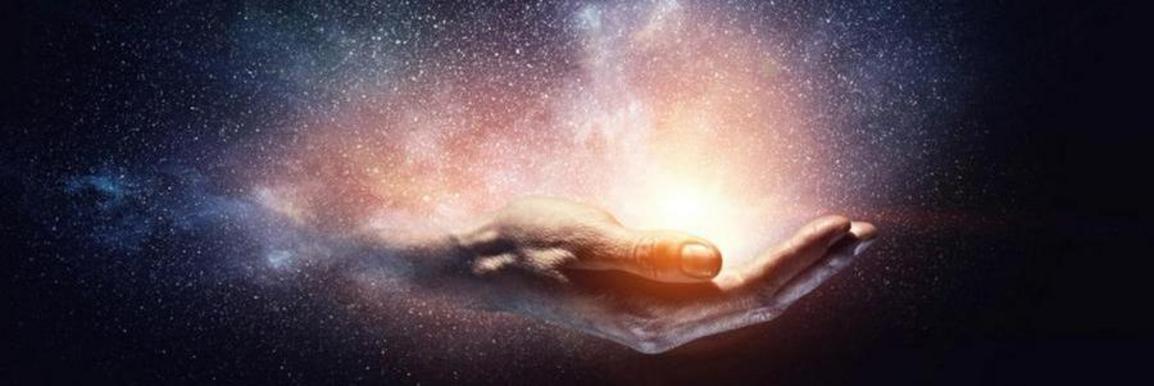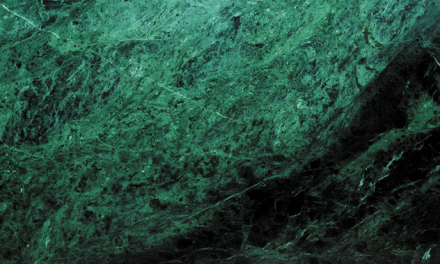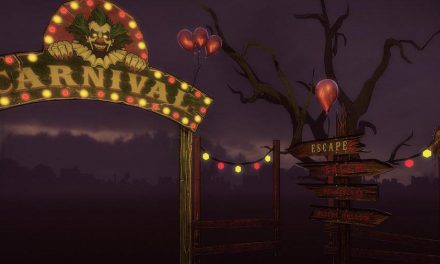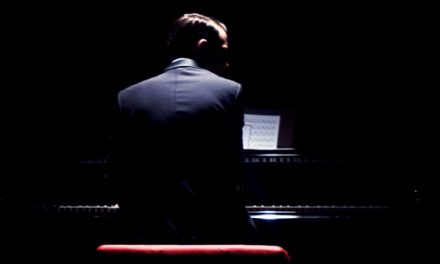Everyone has a personal, deep connection with the idea of time. Not with Time itself of course—it’s doubtful the immeasurable ebb and flow of time gives a single mote of attention to the individual actions of any of us—but with the version of time that each of us sees. Many people point to the standardization of clocks across the world with the rise of rapid transit as the origin or genesis of humanity’s relationship with the fourth dimension, but the invention of transcontinental railroad systems merely encouraged consensus about when time was, not what it meant.
How curious it must be to an outsider, seeing that so much of the human experience is ruled by a small, wrist-worn device. They tell us when to wake up, when to begin our daily employment, when to eat, when to educate our children, when to relax, and ultimately when to begin the cycle again. How powerful they must be that they hold such sway over the might and power of combined human intellect.
A quote often misattributed to Einstein speaks of how an hour spent in a lover’s embrace can seem like a minute, while seconds with one’s hand on a hot stove can seem like an hour. “That’s relativity” the old saw goes. What a fundamental concept he hit upon, however—time not only seems to move at different rates at different times, but everyone has their own experience of time. Quickly glance toward a clock that has a ticking second hand and notice that it freezes for a second before reality catches up. Some people out there say it’s the brain trying to smooth out motion, but it’s it a more straightforward answer to say that we caught a peek behind the curtain, that we glimpsed some of the cogs and wheels that help everything move along?
“Cause and effect” is, for most people, a defining experience in their life. Or at least, they claim it to be. So often things happen and then people go searching for the cause, not resting until they find one, no matter how unlikely or improbable. “This would never have happened if…” they say, insinuating that the one small moment they name was the linchpin that caused the whole event. We humans theorize and sit around all day thinking about things, but how often do we actually know something?
I’ve seen the future, and I think it’s laughable to think that anyone can change it. Whatever they try, however extreme their preparations, so often they themselves are the eventual cause of the very same event they sought to avoid. Think of the story of Sleeping Beauty—she was going to prick her finger on a spinning wheel, no matter what. Some people find determinism scary. Me? I find it exhilarating.
Ever since my eyes were opened, I no longer have to worry about what the future will hold—it will always hold what it holds, no matter what I do or don’t do, whatever I try or don’t try. How incredibly freeing that is! Far from being an idle passenger on this steam engine through the currents of Time, I take an active interest in finding out how the universe will get from point A to point B. The destination isn’t interesting to me—the journey is.
Sometimes people ask me to read their futures or to somehow intervene on their behalf—as if I had the kind of limitless power to actually alter Time itself, ha—but whether the answers match their expectations or not, they’re never satisfied. They think everything can be changed or made just this much better if they do any number of little things differently. I’ve stopped trying to bring light to their self-delusion; more than anything they usually get mad at me for things turning out “awry.” Still though, I never turn down the opportunity to peek at what’s coming on someone else’s behalf—I don’t have a huge interest in the future myself, as I said what will be will be, but it is so thrilling to see what is in store for others and what they think they can do to change it. Who needs television?
Suggested Spheres: Time (duh), Entropy, Prime
Suggested Traditions: Cult of Ecstasy, Celestial Chorus
Role-playing Tips: I think it’s relatively easy to fall into the trap of playing a time mage that is determined or dedicated to changing or improving the future, the past, or the present. In developing this concept I was enamored with the idea of a time mage who had seen all of man’s struggles against inevitability, and instead of feeling either a sense of duty or powerlessness, they felt almost giddy elation, like a child waking up early to watch Saturday morning cartoons. Even if they know the order of the shows that are about to come on, and the expected start and end times, what happens between is a thrilling escape. So too could it be for a time mage who loves the idea of bearing witness to the flow of time, removed from society not by being aloof from it but instead by drinking deep from the well and reveling in the sensation.














